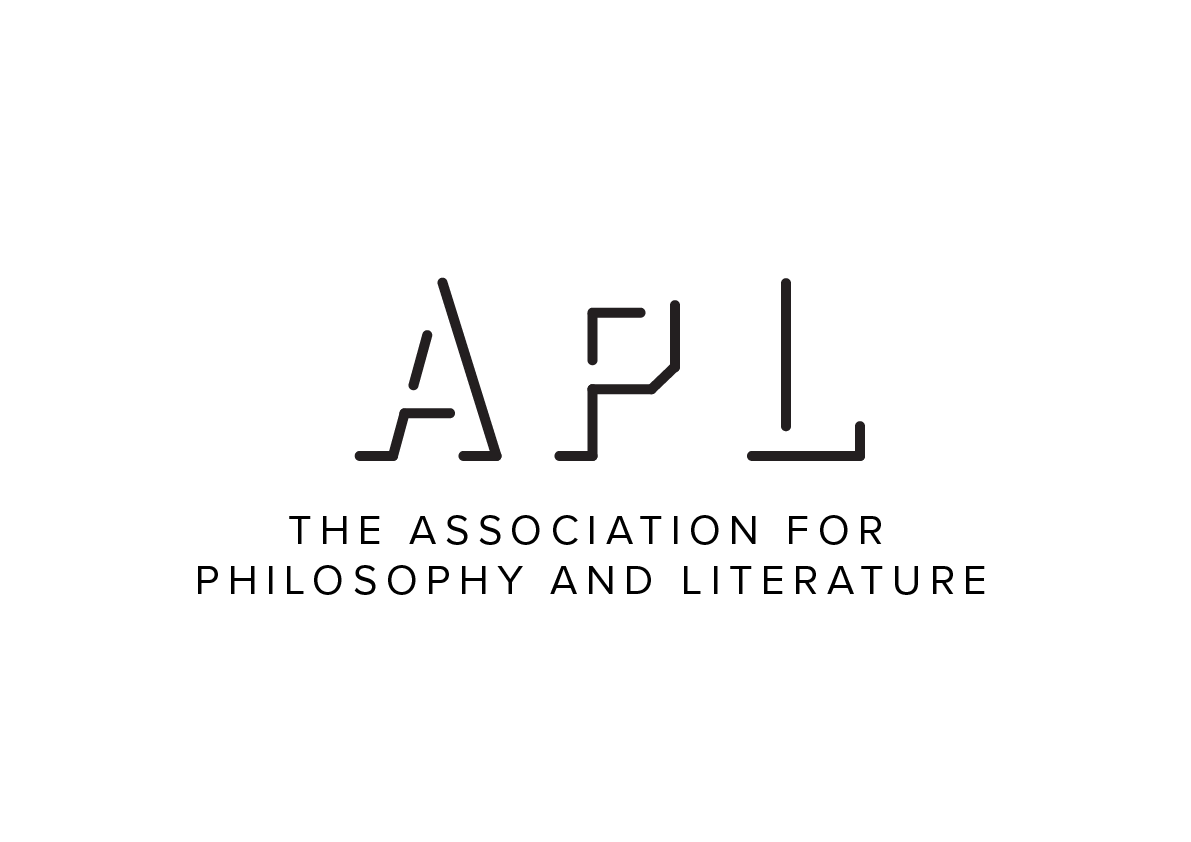Call for Papers
In Exit West, Mohsin Hamid writes, “We are all migrants through time.” Hamid’s words speak to the growing crisis of statelessness, precipitated and accelerated by the extractive expansion of colonial and imperial powers, endless war, and intensifying climate change. More broadly, these words suggest an inevitable nomadism underlying our assumptions of stasis—that borders requiring such effort and resources to maintain in their myriad forms, are ultimately fragile, fluid, and mobile. On the one hand, this observation repeats a gesture going back at least as far as Heraclitus and throughout the history of Asian and African thought. But in a time when nationalisms and fascistic movements are resurgent, amidst the clamor for walls and fences and the host of anti-gay and anti-trans legislation being passed throughout parts of the United States and Europe, with civic life becoming increasingly gentrified and the borders between the haves and the have-nots and between the Global North and the Global South wider than they have previously been, Hamid’s words remind us that a rigid insistence upon borders collaborates with the worst tendencies of humanity in the callous disregard it demonstrates for the very real suffering and destruction it creates.
This raises a multitude of important questions: What does the malleability of the concept of the border mean for notions of identity? At what point does our sense of identity dissolve completely? And how might that dissolution affect our concepts of citizenship more broadly, as well as our understandings of responsibility? To what extent should our understanding of “rights” be tied to notions of citizenship? Furthermore, in effacing notions of identity, might we in fact risk, echoing Levinas, eclipsing genuine differences between groups and communities, thereby reducing the alterity of the Other to our own categories, and ultimately imposing a new hegemonic uniformity on them? How do we engage meaningfully these pressing and fundamental questions amid the ubiquity of our social media silos, which have only deepened political hostilities, dividing families, friends and communities? How can these political “borders” be crossed so as to engage freely yet civilly with each other? And at what point do our efforts at civility merely appease evil?
We can think of no better environment to reflect on these questions than the beautiful and historic campus of Gettysburg College in Pennsylvania. Just a few miles north of the Mason-Dixon Line, which divided North and South in the American Civil War, the campus served as one of the primary settings for the triage of wounded soldiers – both Union and Confederate. Gettysburg was also the Civil War’s bloodiest battle (perhaps as many Americans died there as in the Vietnam War) and, ultimately, its turning point. It was in Gettysburg where President Abraham Lincoln, who dedicated its National Cemetery, gave his most solemn address as he reflected on issues of freedom, citizenship, and union; the address that would eventually become one memorized by generations of students both within and beyond the United States. It is therefore fitting that on this terrain, where such a bloody conflict over slavery and freedom, unity and division played out, we will once more engage thoughtfully on “Borders, Freedom, Civility.”
Suggested questions and topics include, but are certainly not limited to, the following:
- The nature and purposes of geographical borders
- Sources of past and current repressive nationalisms
- Lines that separate human and non-human animals
- Developments in artificial intelligence
- Race, culture, and community
- The relationship between borders and citizenship
- Crossing borders – the (un)freedom of immigration
- Transgression and forgiveness
- Global Capitalism without borders
- The creation and movement of borders and their impact on indigenous peoples
- The meaning of Empire today
- Media silos and echo chambers – deterioration of the public discourse
- Borders between human, nature, machines
- Civility vs. appeasement
- Civility vs. violence and hatred
- Civil society and public agency
- Gender categories and their fluidity
- Deconstructive approaches to citizenship
- Religious identity and toleration
- Lines between the secular and the sacred
- Artistic representations of identity and belonging
- Relations between the natural and the monstrous
- Bordering on life and death
- Invocations of wokeness, freedom, and civility
Proposals will be accepted for individual papers, panels (of 3-4 participants), or roundtables (of 4-6 participants). Proposals can be submitted by following the submission link. For individual submissions, abstracts are restricted to no more than 300 words. For panels or roundtables, submit a single proposal, consisting of a 300-word panel abstract along with titles for all included papers. You will also be asked to supply a short biography for each participant.
Final deadline extension: JANUARY 31, 2024
As always, the APL is planning an edited volume related to the conference theme. To be considered for inclusion, you must submit an article-length version of your presentation (i.e., 7-8,000 words) in Chicago NB style. Submissions will be accepted up to the last day of the conference: June 15, 2024. Submissions should be sent directly to the conference organizer: vcisney@gmail.com.





